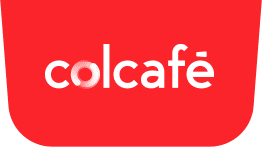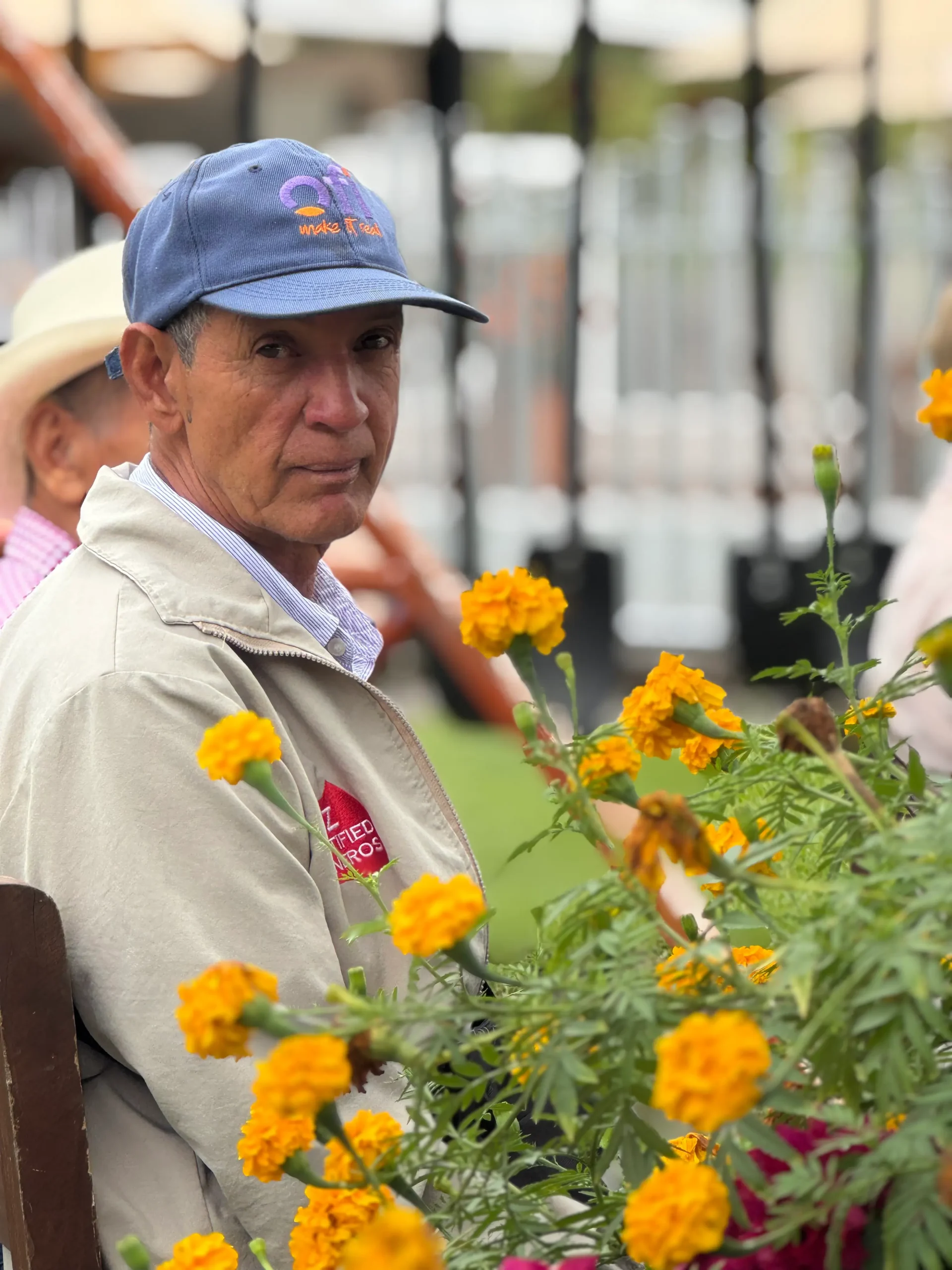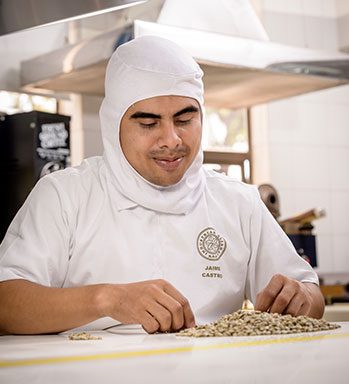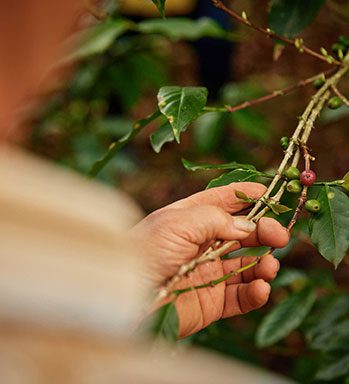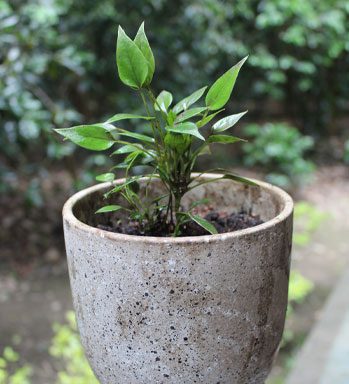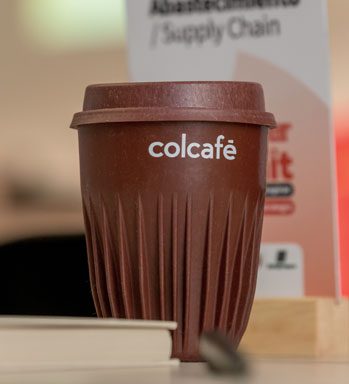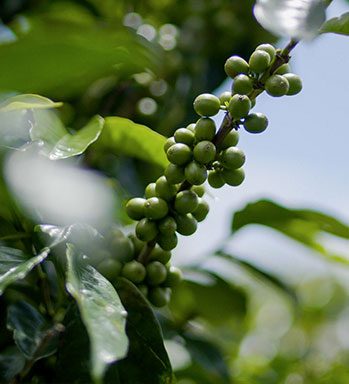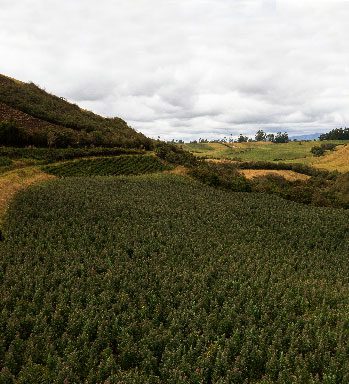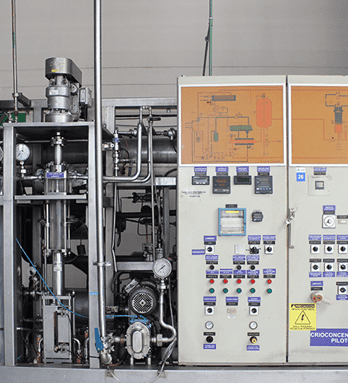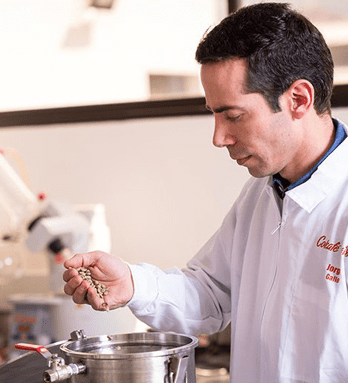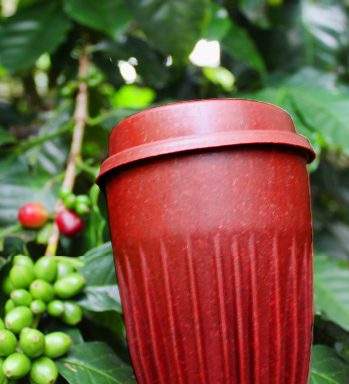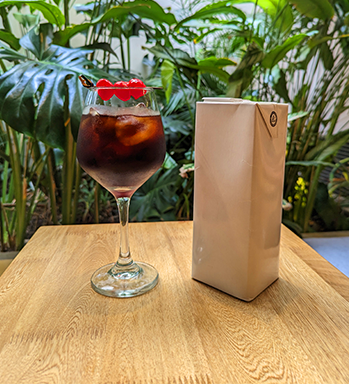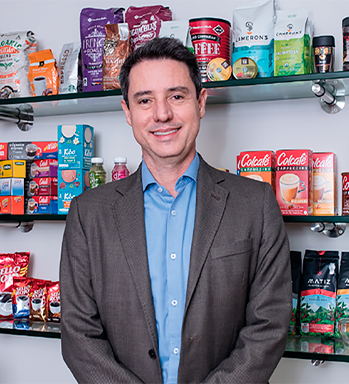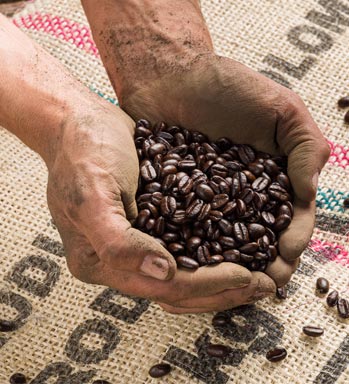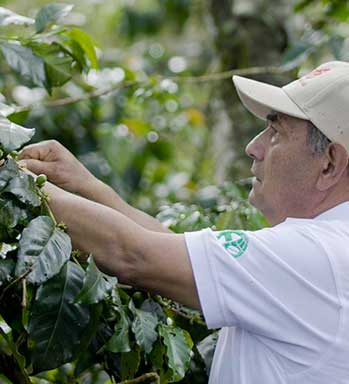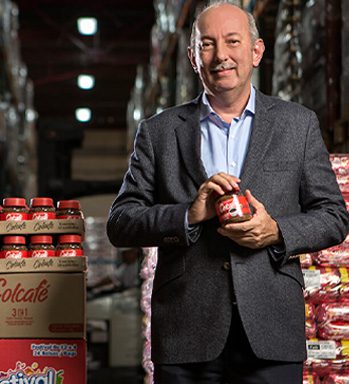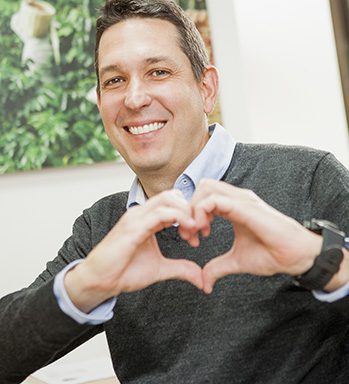A New Chapter for Farallones del Citará
Alongside 100 producers in Farallones del Citará, we launched the “Innovation in AgTech and Digital Agriculture for Smallholder Farmers” project. This initiative is funded by the Inter-American Development Bank Group’s innovation and entrepreneurial capital arm (BID Lab), the Smallholder Sustainability Scaling Program (SSNUP), and Incofin. Through this project, we aim to provide technological tools to improve coffee production for approximately 1,000 farmers. The project also receives support from our partners: Sucafina, Impact, Nuna, and Local Partners.
This project was selected from a regional innovation call-for-proposals managed by Incofin with support from GSMA. The call drew over 200 applicants interested in developing agrotech solutions for smallholder farmers. After a rigorous selection process, our project was chosen to sponsor the development of a technological solution that would benefit 1,000 coffee growers in the Farallones del Citará region of Colombia.
Our Digital Agriculture Solution
Our digital agriculture, or “agtech,” project consists of two key solutions:
The implementation and use of 50 solar coffee dryers for smallholder coffee farmers. These dryers reduce processing times, improve coffee quality, and lower energy consumption.
- The development of a mobile app that provides expert technical guidance and data to help farmers implement optimal coffee drying processes.
This is the agtech solution we are providing to coffee producers. We are implementing 50 NUNA coffee dryers, which are complemented by a data collection software accessible via a mobile app called Secafé.
Secafé, a solution in agricultural technology, works by collecting data on the weight of the coffee, from wet to dry. This approach aims to enhance the operational efficiency of small farms, elevate the quality of the coffee produced, and significantly improve the quality of life for producers. Through this initiative, farmers gain the skills to make informed decisions regarding good drying practices, receive technical training and professional support for crop management, and, finally, make a positive impact on the environment while boosting coffee productivity.
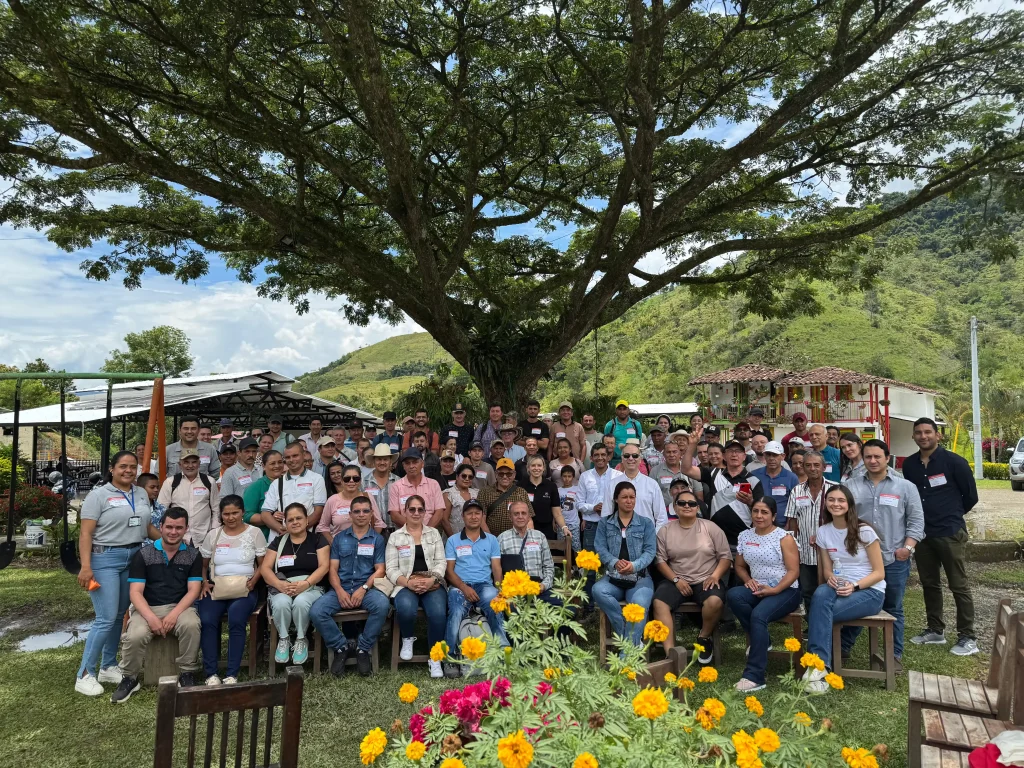
The Future of Coffee Through Agricultural Technology
In Colombia, many coffee producers rely on traditional, manual farming methods and lack efficient drying systems. This makes it challenging to produce a product that is ready for sale to cooperatives or exporters in a timely manner.
The livelihoods of coffee farmers are closely tied to the time between harvesting, drying, and selling the parchment. Through the Farallones Productivo y Sostenible project, we have identified 108 coffee growers who face this problem and need to modernize their processes to improve their income.
That is why we want to improve drying practices through this sustainable solution. If coffee is not dried to a moisture level between 10% and 12%, it can lead to defects in the quality of the beans.
The main challenges smallholder coffee farmers face center on three key areas: acquiring agricultural inputs, the process of drying de-pulped coffee, and the treatment of wastewater. These are significant obstacles on their journey toward sustainability and growth in an increasingly competitive market.
This is how technology, innovation, and sustainability are coming together to support coffee growers. By improving the profitability of their crops, we can ultimately deliver a better cup of coffee to customers and consumers worldwide.
This project is financed as part of the “Innovation in AgTech and Digital Agriculture for Smallholder Farmers” initiative, with funds from the Inter-American Development Bank, which acts as the administrator for the Multilateral Investment Fund (BID Lab). It is also funded by the Smallholder Sustainability Scaling Program (SSNUP), which is supported by the Luxembourg Ministry of Foreign and European Affairs, the Swiss Agency for Development and Cooperation (SDC), and the Liechtenstein Development Service (LED). The project is coordinated by Appui au développement autonome a.s.b.l. (ADA).
The authors assume full responsibility for the content of this article. The opinions expressed do not necessarily reflect the position of BID Lab, Incofin Foundation, SSNUP and its Donors, ADA, Incofin IM, or the members of their Boards of Directors.
15 October 2025
